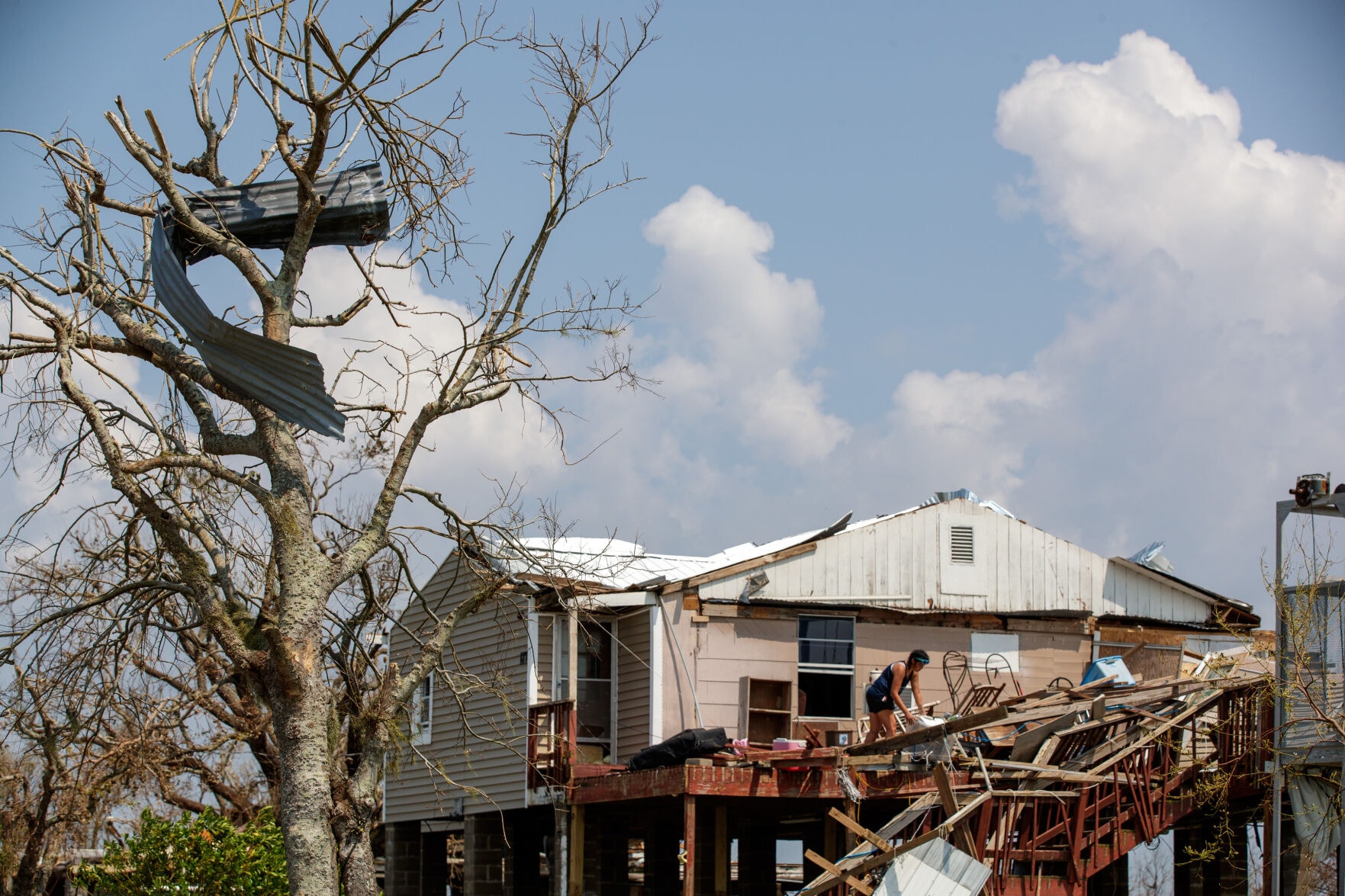After experiencing a devastating natural disaster, something Louisiana residents are particularly familiar with, survivors often decide to purchase homeowners insurance. It reminds them of how quickly hurricanes and floods can undermine their financial stability.
A new study led by researchers at the University of Louisiana at Lafayette and Louisiana State University examined a less explored aspect of the relationship between disasters and insurance: health insurance.
The researchers found a slight increase in the rate of policyholders among those who reported losses from hurricanes and floods. Although the exact causes of this increase are unclear, ranging from individual perceptions of risk to changes within the workforce, their findings could help inform how we think about disasters from the perspective of health care and shaping the way government agencies approach survivors in the aftermath of a disaster. storm or flood.
The impacts of a disaster can reverberate much further and permeate people’s thinking beyond the exact types of risks they might have seen during that event, Stephen Barnes, founding director of the Kathleen Babineaux Blanco Public Policy Center at UL. and one of the authors of the article, explained.
Barnes and colleagues examined health data collected between 2005 and 2017 as part of the Louisiana Health Insurance Survey, in combination with disaster data collected by the Federal Emergency Management Agency (FEMA ).
We know that part of that decision-making is sort of a rational calculation of the likelihood that I will face certain types of damages or risks, Barnes said of the increased likelihood that people will purchase insurance in general after a disaster. When people have had a traumatic experience like this, they may have a heightened sensitivity to risk.
Another reason health insurance enrollment rates may be higher after a disaster is the labor shortage that followed events like Hurricane Katrina, one of the first storms to hit impacts were included in the study.
Increased labor needs during the recovery process and the lack of available workers caused by displacement could lead employers to offer more competitive benefits, including health insurance, the researchers theorized. The recovery also comes with temporary positions with relevant state agencies, which typically offer health insurance.
Public health expert Mikal Giancola was one of those workers who came to New Orleans to help with the Katrina recovery process as an outreach supervisor for the Louisiana Department of Health and who benefited from a health insurance in the process.
There was a huge increase in jobs after Katrina, Giancola said, adding that the arrival of aid workers probably had something to do with the increase in the number of insured people.
Then there is the wide variety of disaster-related health problems, such as psychological and physical trauma, heart and blood pressure problems due to stress, and pregnancy complications.
I have friends who really feel like they’ve lost family members for this specific reason, Giancola said of heart problems caused by disaster-related stress.
Emergency room visits and appointments to sign up for disaster benefits could be another way for disaster survivors to be connected to health care options they may not have been previously aware of. not previously enrolled, particularly government-funded Medicaid and Medicare programs, Giancola suggested.
For Stephens and his colleagues, this first study is a starting point that they hope can lead to more research on the topic and impact public policy.
This was really our first effort to try to delve deeper into this specific question, Barnes said. This is something we hope to come back and explore in more depth.
Although the group did not provide any specific policy suggestions, Barnes said he hoped state officials would find value in the study’s findings.
“We hope this will help us better understand the impact of such disasters on people’s lives and how we can design public institutions to try to minimize these negative effects and generate better outcomes after events like this “Barnes said.
Although no longer associated with a government agency, Giancola said the group’s research findings could suggest an opportunity for public officials to improve health outcomes after a disaster.
As a public health professional, I would like to make sure that when we have swellings in the insured, they have screenings and preventive care, he said.
#Health #insurance #subscriptions #increase #disasters
Image Source : thecurrentla.com

